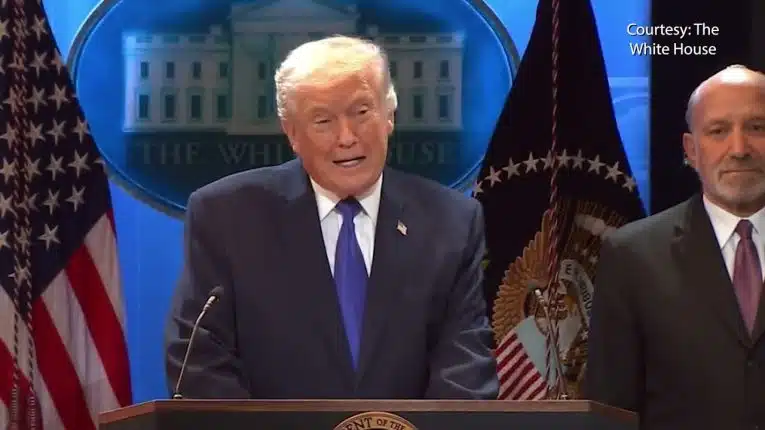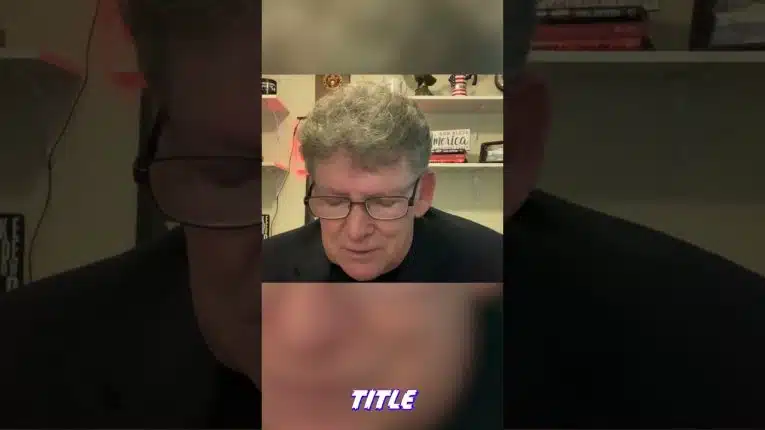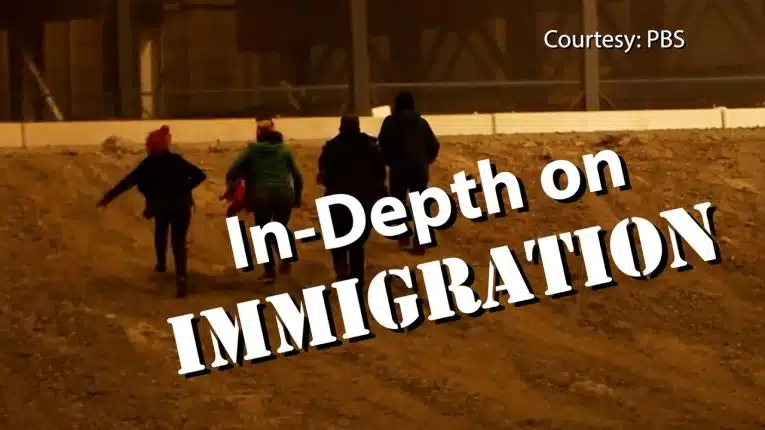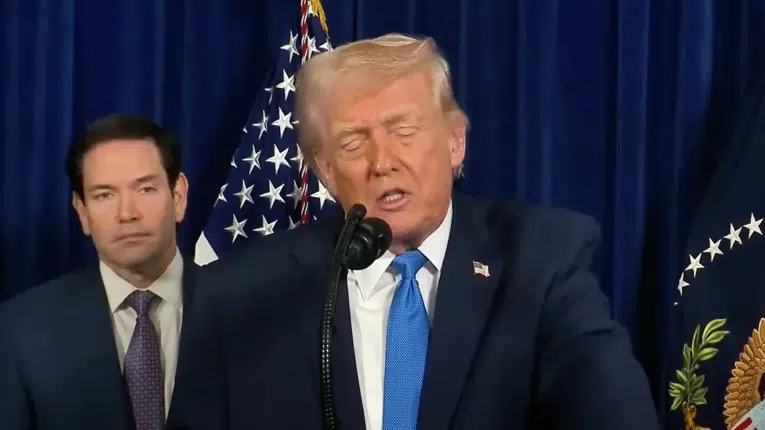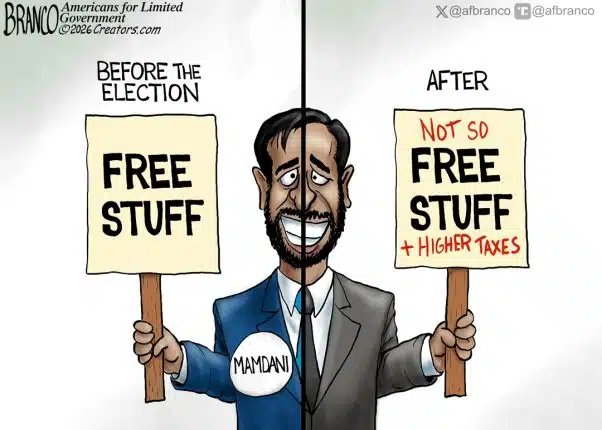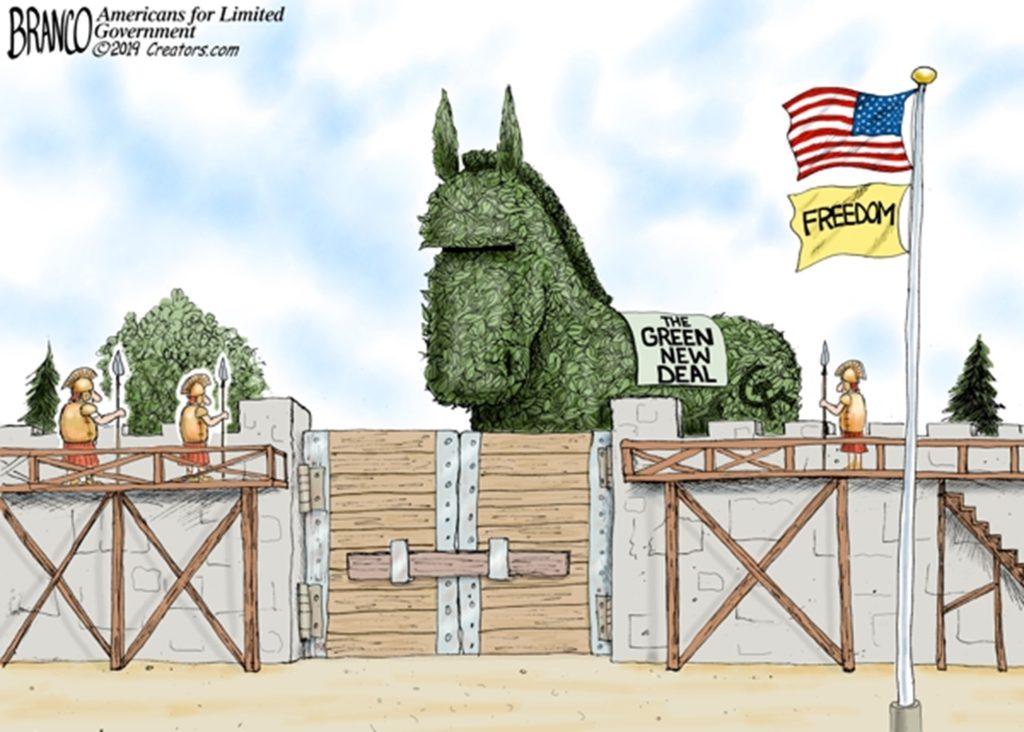
The U.S. House Rules Committee has made in order an amendment by U.S. Rep. Eric Burlison (R-Mo.) that would defund the Environmental Protection Agency’s (EPA) carbon endangerment finding enacted in 2009 by the Obama administration that arbitrarily defined carbon dioxide as a pollutant under the terms of the Clean Air Act.
That finding was all but overturned by the Supreme Court’s 2022 West Virginia v. EPA decision that struck down the 2015 Obama Clean Power Plan, which did overturn the Court’s 2007 decision, Massachusetts v. EPA, a narrow 5-4 ruling by then-Justice Anthony Kennedy that had opened the door for federal regulation of carbon emissions and set the stage for the carbon endangerment finding and the Clean Power Plan’s rules on new and existing power plants.
The goal was to incentivize coal plants to either be retrofitted to be natural gas plants or else be shut down. In terms of moving the needle, the policy was a “success” in reducing coal-based electricity. In 2007, coal-generated electricity made up 49 percent of the total U.S. grid, while natural gas was just 21 percent, according to the Energy Information Administration. In 2022, natural gas made up 39.9 percent of the grid, and coal is down to 19.7 percent.
But, as Roberts ultimately ruled, Congress never authorized the EPA to pursue such a goal, writing, “our precedent counsels skepticism toward EPA’s claim that Section 111 empowers it to devise carbon emissions caps based on a generation shifting approach. To overcome that skepticism, the Government must—under the major questions doctrine—point to ‘clear congressional authorization’ to regulate in that manner.”
Because there was no such Congressional authorization, the regulatory scheme was legally baseless. And now Congress can close the gap once and for all—even if the damage has already been done to U.S. economy.
Energy production and the overburdened electricity grid have failed to keep up with growing demand. Despite the U.S. population growing by 30 million to more than 331 million from 2007 to 2022, overall electricity generation in the U.S. barely nudged from 4.005 trillion kilowatt hours (kWh) in 2007 to 4.09 trillion kWh in 2021.
As a result, the Consumer Price Index for electricity has increased by 54 percent since 2007, according to data compiled by the Bureau of Labor Statistics.
This is nothing short of a self-imposed energy shortage, with federal court decisions and regulations playing a principal role in hampering the U.S. from responding effectively to national crises like energy shortages that we now experience. Through undemocratic means, the federal bureaucracy ultimately prevented political questions from being answered by the elected branches the way they were supposed to, inventing laws beyond Congress’ purview.
Now, at least, the House will have an opportunity to remind the Biden EPA of what West Virginia v. EPA meant and overturn the carbon endangerment finding, undercutting the basis for regulating carbon dioxide under federal law, and reasserting Congress’ Article I primacy over the executive branch in making laws.
Robert Romano is the Vice President of Public Policy at Americans for Limited Government.


